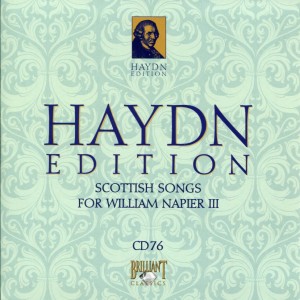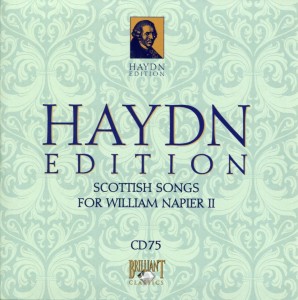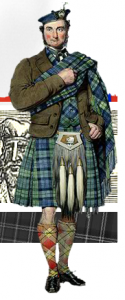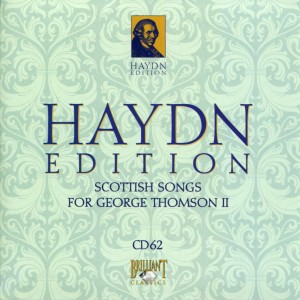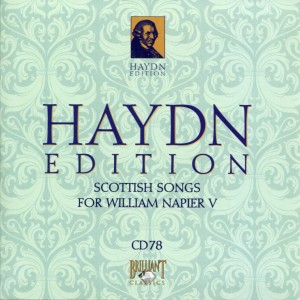 Today’s CD of Scottish Songs for William Napier (V of, hopefully, V) got off to a rousing start with tenor Jamie MacDougall belting out a bold and lively version of “My goddess woman” (Track 1). It’s a brash ode to a lass the protagonist deems, well, a goddess.
Today’s CD of Scottish Songs for William Napier (V of, hopefully, V) got off to a rousing start with tenor Jamie MacDougall belting out a bold and lively version of “My goddess woman” (Track 1). It’s a brash ode to a lass the protagonist deems, well, a goddess.
Track 2 (“Bid me not forget”) is given to soprano Lorna Anderson. And it’s not among my favorites.
Track 3 (“Ae fond kiss”) is another MacDougall song. Not a catchy melody. Music forgettable.
Track 4 (“Kelly-burn braes”) is a Huh? song. The melody is familiar. I’ve heard this before. But the lyrics…what do they mean? For that answer, I once again turn to the wonderful web site The Lied, Art Song, and Choral Texts Archive created and maintained by Emily Ezust.
Here are the lyrics to this fetching, instantly FAVORITE, song: Continue reading

